Over 1.2 billion golf balls are manufactured each year; among these, over 400 million are lost or discarded in the world annually. This contributes to an estimated 8 million metric tons of plastic waste ending up in the oceans.
In a basic sense, golf balls shot into ponds, lakes, rivers, or oceans are damaging to aquatic wildlife and the environment. This is because golf balls contain rubber and plastic components, which take centuries to decompose. They don’t just sit there; they float, drift, and move with the current, eventually reaching the ocean. In addition to blocking natural ecosystems like coral reefs and harming aquatic animals, such as fish and turtles, golf balls can also act like sponges, absorbing pollutants like pesticides and heavy metals.
Like other plastic waste, golf balls are a huge problem in the marine environment. To help reduce plastic waste and protect our oceans, golfers can start using biodegradable golf balls.
Biodegradable golf balls are made with natural, organic materials that will degrade and break down over time instead of floating endlessly in the ocean.
Fortunately, a few companies have created biodegradable golf balls so that you can enjoy all the fun and excitement of the game without any harmful effects.
Here are some of the best biodegradable golf ball brands on the market:
1. Albus Golf Ecobioball

Albus is a Spanish company based in Barcelona, and it claims to have developed the world’s first 100% biodegradable golf ball – ECOBIOBALL.
ECOBIOBALL is revolutionizing the game of golf and your marine environment! This ecological, biodegradable ball offers superior performance without harming aquatic life. That’s because it’s made of a water-soluble, non-toxic material that completely breaks down even in seawater.
One unique and revolutionary feature of this ball is its core—fish food! The core of ECOBIOBALL is made of fish food that provides a nutritious snack for marine wildlife. The outer layer of the ball is made of a water-soluble synthetic polymer.
When shot into the water, ECOBIOBALL starts to break down within 48 hours and completely disappears within five days. Thus, the ball is ideal for golfers who want to practice their swing near swamps, lakes, and other water bodies without causing any harm to the environment.
The ECOBIOBALL comes in yellowish grey and has 412 hexagon dimples. It weighs 50.5 gr ± 1.5 gr and has a diameter of 42.8 mm ± 1 mm, making it a perfect companion for your golf rounds.
Its non-toxicity has also been tested and confirmed by the OCDE 202 and 203 methods (Organization for Economic Co-operation and Development) for daphnia and fish, respectively. Therefore, you can rest assured that this golf ball won’t harm any aquatic life.
Price with US taxes included: $19.99
2. Biodegradable Golf Balls (BGB)

A Canadian company, BGB, is dedicated to creating eco-friendly golf products, including biodegradable golf balls.
Their signature product, the Eco-Friendly Golf Ball, is made of corn starch and polyvinyl alcohol (PVA), which are both organic and non-toxic. PVA is a water-soluble polymer that breaks down easily when exposed to water. Initially, the PVA works like glue, holding the corn starch together, but as soon as it is exposed to moisture, it breaks down and releases the corn starch, a natural biodegradable material, allowing it to disperse in the environment.
This makes the golf balls dissolve easily and quickly when exposed to water from rain, lakes, and ponds. This helps reduce the impact of golf balls on the environment, as they are designed to break down in a matter of days rather than the years it takes for traditional golf balls to decompose.
In addition to being biodegradable, these balls are also designed with air-filled cores that reduce drag and provide a longer flight. That means you can play with the same level of accuracy and consistency as any other high-quality golf ball.
The company also sells golf tees that are made of biodegradable plastic and feature a unique design to help reduce drag.
Price with US taxes included: $19.99
3. Dixon Eco-Friendly Golf Balls

On a mission to reduce the carbon footprint that golf has on our planet, Dixon Golf created a family of eco-friendly golf balls. These balls perform to pro standards and are industry-approved.
What makes Dixon golf balls unique is that they are weighted with a heavy earth salt instead of the usual metal fillers. This is a complementary ingredient found in nature, and it has a lower melting temperature than metals. This makes them more resistant to the heat of friction and less prone to breaking down.
In addition to this, the balls are made from a water-activated biodegrading compound. This compound is designed to break down into safe components that are then safely re-absorbed by the environment. Dixon balls are designed to start breaking down within days and fully decompose within weeks.
To meet the needs of different golfers Dixon Eco-Friendly Golf Balls come in four varieties: Dixon Earth, Dixon Fire, Dixon Wind, and Dixon Spirit. Each ball is designed for a specific playstyle, providing golfers with the precision and performance they need.
Dixon Earth is the most affordable of the four and is great for golfers who swing under 100 mph. It has a soft feel and provides great control. Dixon Fire is designed for swing speeds over 100 mph, and it provides great stopping power and spin control. Dixon Wind is the perfect choice for all swing speeds and a medium-level trajectory. Finally, Dixon Spirit provides soft control and spin, making it a great choice for players who swing less than 100 mph.
Price with US taxes included: $24.99 – $74.99 depending on ball type.
Conclusion
Golfers can now choose from a variety of high-quality eco-friendly golf balls that are designed to reduce their impact on the environment while still providing the same level of accuracy and consistency as traditional golf balls.
These three companies are leading the way in creating eco-friendly golf balls that provide excellent performance and don’t harm our environment. When selecting a golf ball, make sure to consider the performance needs of your game and select one that meets those needs while also being good for the environment. In time, more companies will follow suit and make eco-friendly golf balls their top priority.
Happy golfing!
FAQs
Is there such a thing as biodegradable golf balls?
Thanks to advances in green technology, biodegradable golf balls are now a real thing. These golf balls are made from a water-activated biodegrading compound such as PVA. When exposed to water, they naturally break down over time, leaving no toxic chemicals or waste behind. This makes them an eco-friendly alternative to plastic golf balls.
Are biodegradable golf balls good?
Biodegradable golf balls are perfectly suitable for practice and recreational play. Their performance is similar to that of traditional plastic golf balls, but they may not be suitable for competitive or professional play due to their lower spin rates. Nevertheless, they can still provide an enjoyable round of golf and reduce your burden on the environment.
How long does it take for biodegradable golf balls to dissolve?
It typically takes a few days to weeks for biodegradable golf balls to completely dissolve, depending on factors such as moisture level and temperature.
Can you hit biodegradable golf balls into the ocean?
Yes, biodegradable golf balls can be safely hit into the ocean, as they will break down and not harm marine life. However, it is still best to avoid hitting golf balls into any body of water, as this can cause littering.
How are biodegradable golf balls made?
Different companies are using various techniques to manufacture biodegradable golf balls. Generally, these golf balls are made using natural materials such as organic fibers, cornstarch, and bioplastics, while also incorporating synthetic additives to enhance durability.




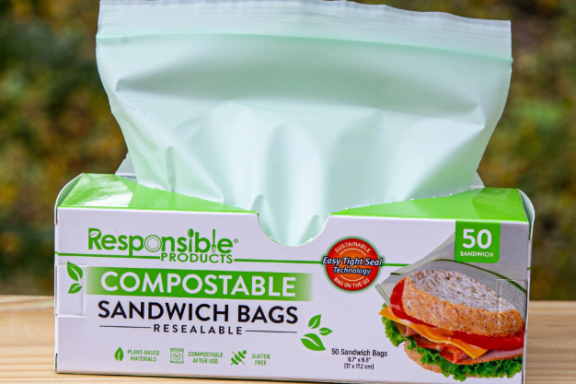
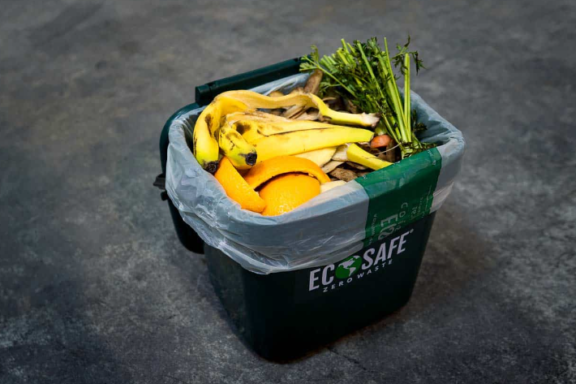
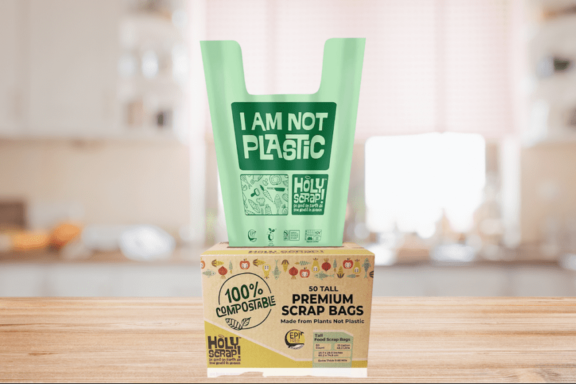
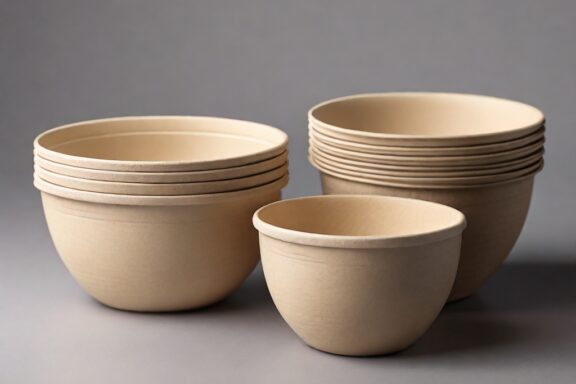
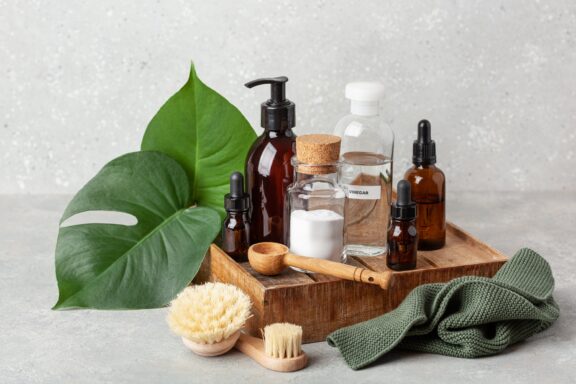
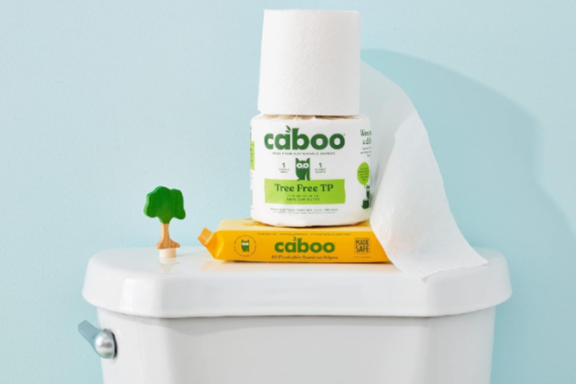

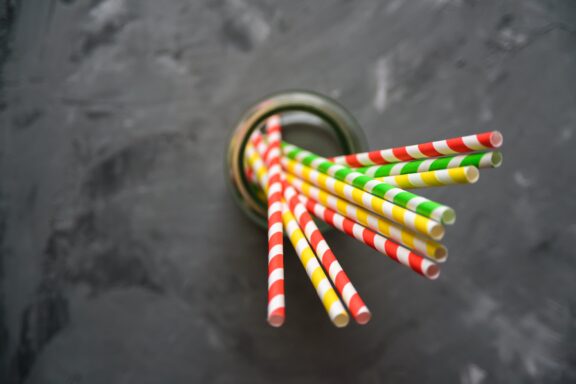
No Comments